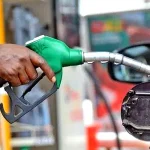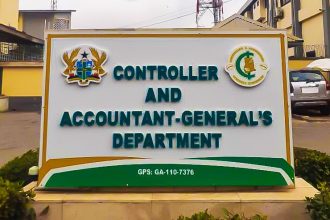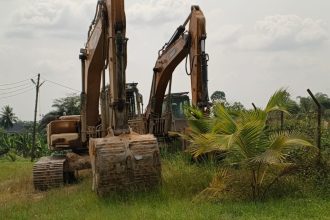The Director of the African Department at the International Monetary Fund (IMF), Abebe Aemro Selassie, has urged Ghana to show proof of its debt sustainability before the IMF could approve its economic support programme for the country.
Debt sustainability is the ability to meet current and future payment obligations without falling on other income sources for the economy’s management.
In a discussion with the media in Washington, US, on October 14, Mr Selassie said, “the country also needed a credible economic reform plan before an agreement for a fund-assisted programme could be reached”.
Although he indicated that the IMF was willing to assist Ghana in recovering from the current economic challenges facing the nation, he made it clear that “so much will depend on how quickly this reform plan can be fleshed out for implementation”.
He added that “there are also important initiatives that have to be taken in terms of how the programme will be financed so that we can move forward”.
Mr. Selassie was responding to a question on when Ghana could expect a fund-assisted programme to help shore up or bolster reserves, curtail extreme price increases and regain market and investor confidence.
The press conference forms part of the 2022 International Monetary Fund/World Bank annual meetings that ended on October 16, 2022.
It was disclosed in the meeting that the debt stock peaked at GH¢402.4 billion in September, equivalent to 68 percent of GDP, and the debt service cost is estimated to be consuming more than 80 percent of total revenue and grants”.
Mr. Selassie speaking on the preconditions of debt sustainability stated that when funds are being given to countries, the main aim should be targetting how to improve the economy, which in a way, must help to improve the lives of the citizens.
The situation whereby a country, after being assisted for so many years and yet its citizens are suffering, means the purpose of the fund was not met, he explained.
Mr. Selassie stressed: “To be clear, an important element of our engagement with Ghana, as is with any country, is making sure that when we provide finances and resources, the finances go to help the country and the people and if the debt is unsustainable, the extent to which that can happen is limited.”
“So, part of the ongoing work is to assess where the debt sustainability situation is right now and how the government would like to address that. We are waiting for the results of that assessment”.
Meanwhile, Finance Minister Ken Ofori-Atta has assured Ghanaians that the negotiations between Ghana and the IMF will be successful and hopes that by December this year, IMF will be able to lend Ghana some funds, which will be used to restructure Ghana’s economy.
Currently, the government has set up a five-member committee to ensure that there is “orderliness and confidence in the government’s ongoing negotiations with the International Monetary Fund (IMF)”.
The committee is chaired by a former Chief Executive Officer of the Ecobank Group, Albert Essien, and has the former Managing Director of GCB Bank Plc, Simon Dornoo, as the Vice Chairman.
Others like Mabel Nyarkoa Porbley, Alex Asiedu, and Peter Enti are also part of the team.
















